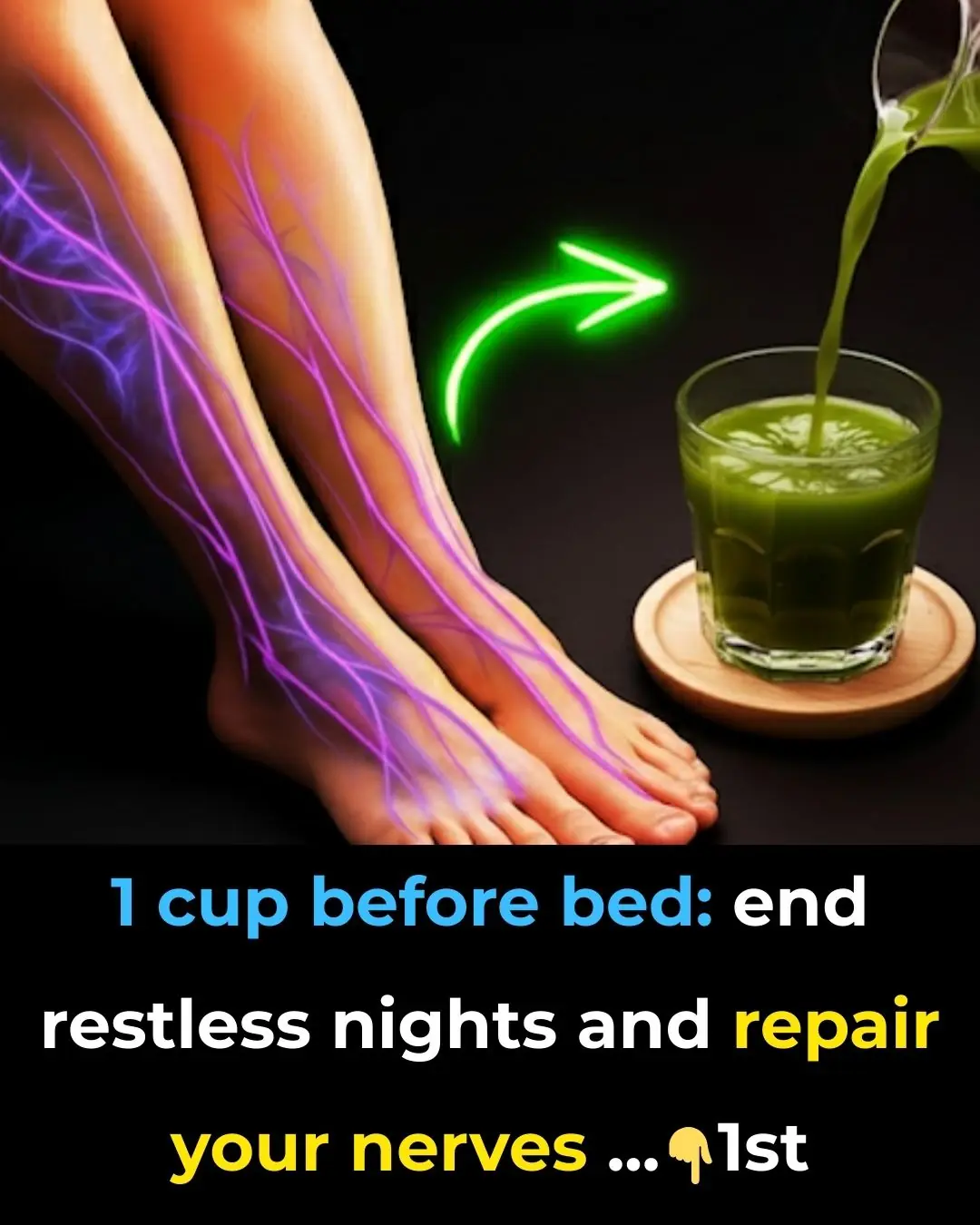
Intuitive Eating: A Non-Diet Approach Your Patients May Love
In primary care practice, many clinicians have observed the rising demand for weight-loss medications such as GLP-1 receptor agonists. While these medications can be highly effective, both physicians and patients may sometimes prefer to consider more conventional or non-pharmacologic strategies first.
One potential alternative that has gained attention is the intuitive eating method. Rather than focusing on calorie restriction or rigid diet plans, intuitive eating is a non-dieting philosophy that emphasizes “better understanding and respecting the body’s hunger and fullness cues to make ‘peace’ with food,” explained Kasey Goodpaster, PhD, clinical psychologist and director of behavioral services at the Cleveland Clinic Bariatric & Metabolic Institute.
According to Goodpaster, patients are encouraged to approach eating and physical activity with a mindset of curiosity rather than judgment, discovering what truly works for them as unique individuals. Unlike traditional diets that promote a standardized set of food rules, intuitive eating avoids a one-size-fits-all mentality and instead fosters personalization.
A cornerstone of this philosophy is the idea that foods are not divided into “good” or “bad” categories, and that striving for perfection is unrealistic and unnecessary. “The focus is on finding balance and developing a healthier relationship with food long-term,” Goodpaster said. This shift helps patients reduce guilt or shame around eating, supporting more sustainable health behaviors.
More Accessible and Protective Against Pitfalls
One of the main advantages of intuitive eating is its sustainability. As Goodpaster noted, it helps prevent the all-too-common diet/binge cycle that often follows restrictive approaches to weight loss. When patients cut out entire food groups—such as carbohydrates—they may initially feel successful, but over time the body’s natural cravings and psychological sense of deprivation tend to intensify.
This dynamic often leads to overeating or even bingeing once dietary restraint is inevitably broken. Intuitive eating works against this cycle by removing the sense of restriction. Patients learn that no food is entirely off-limits, which decreases the psychological pressure and can reduce the likelihood of compensatory overeating.
Ultimately, the intuitive eating framework provides a pathway for patients to cultivate long-term, balanced eating habits and a healthier overall relationship with food. While it may not produce the rapid results some weight-loss medications or strict diets promise, its value lies in sustainability, mental well-being, and the prevention of harmful cycles that undermine long-term success.
News in the same category


5 foods that heal your body and STARVE cancer—eat these now!

Preventing Stroke At Any Age: 3 “Don’ts” After Meals—And 4 “Don’ts” Before Bed

The Truth About “Old Person Smell”: What Causes It And How To Get Rid Of It
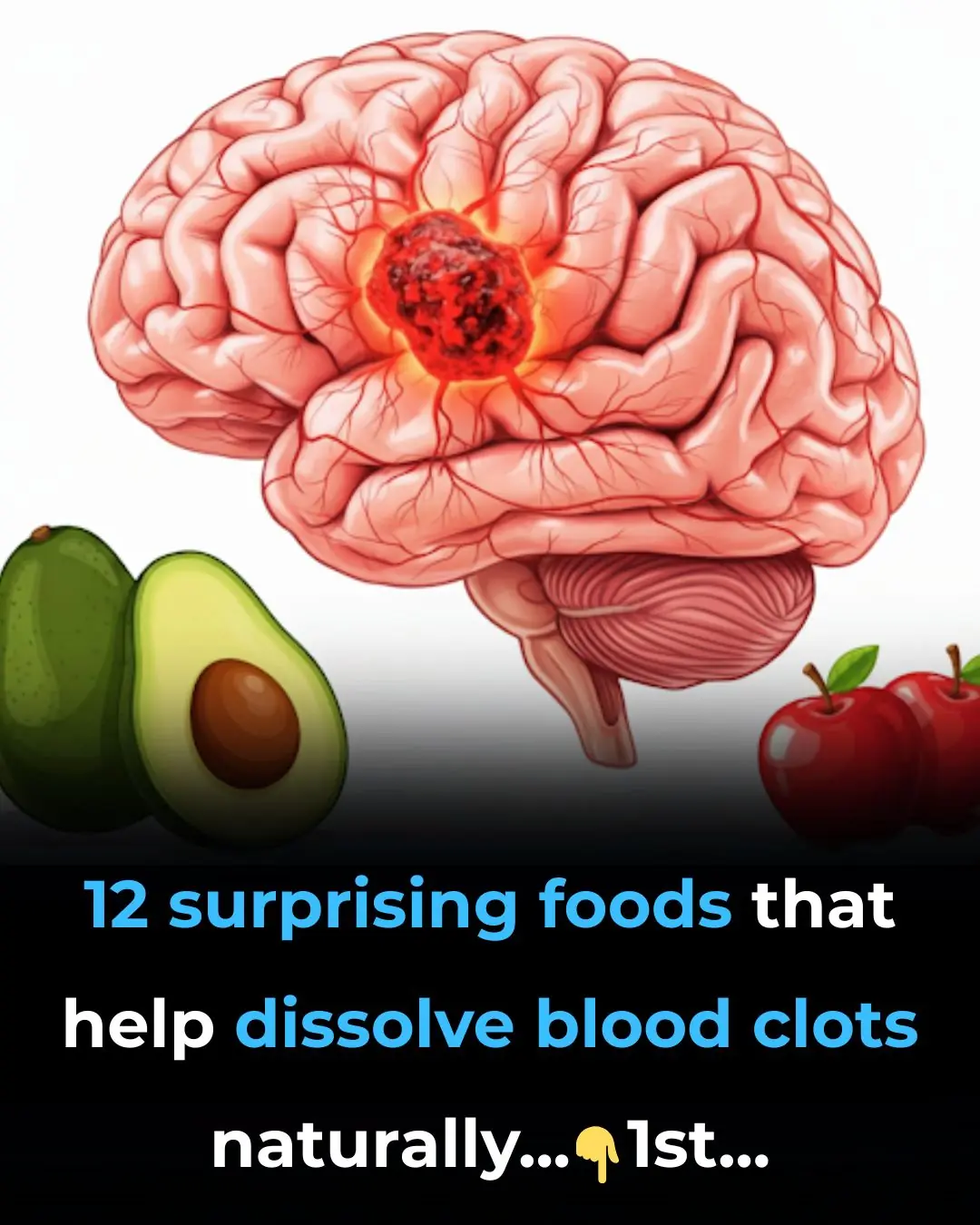
12 surprising foods that help dissolve blood clots naturally

New B::l:ood Pressure Guidelines: 4 Things I Like and 2 Concerns

Global Prevalence of Hidradenitis Suppurativa Approaches 1%

Who Should Avoid Eating Chicken Feet?

Here’s How To Get Rid of Sinus Infections Naturally, No Antibiotics Required!
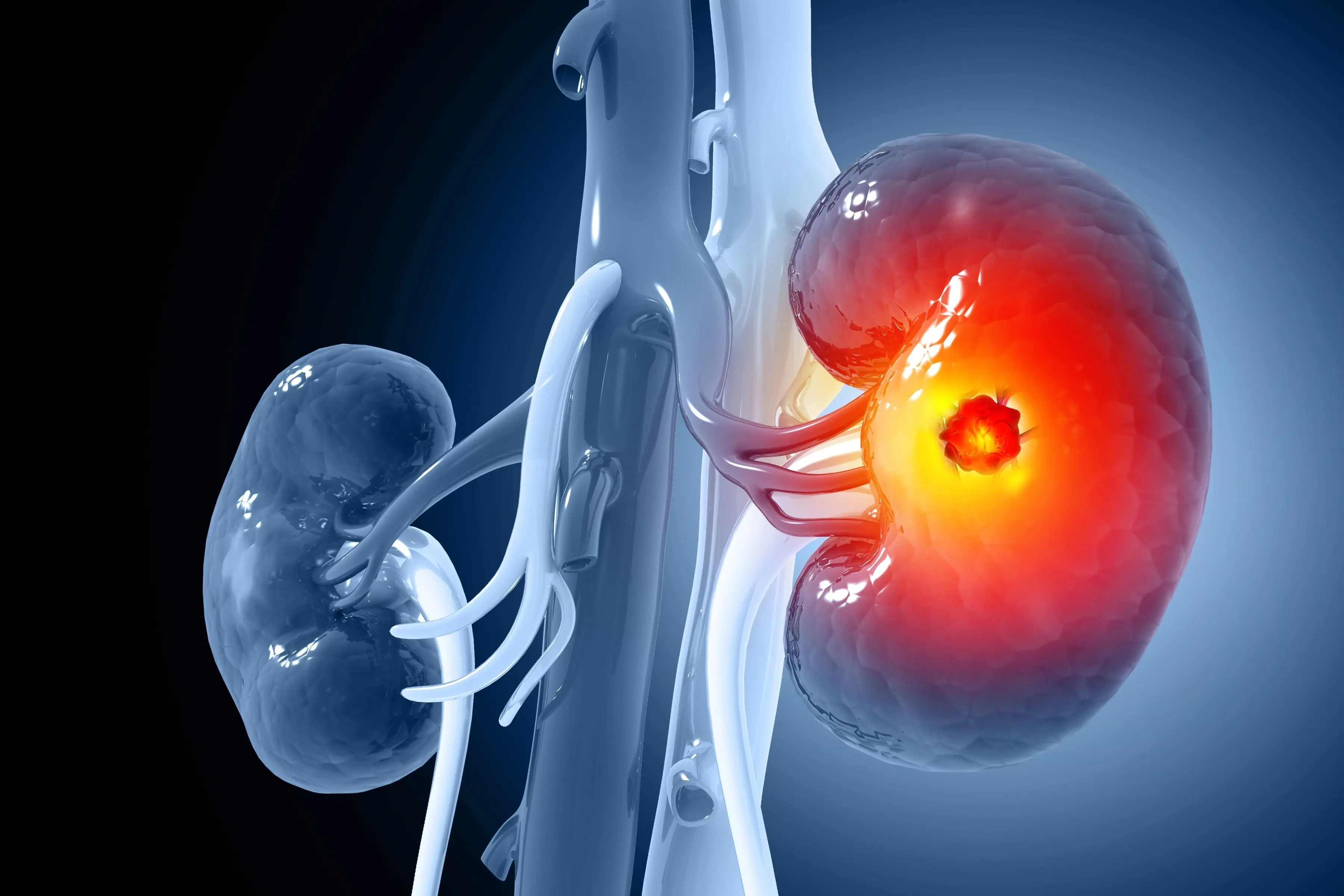
If You’re Experiencing THESE Symptoms, Your Kidneys May Be at Risk
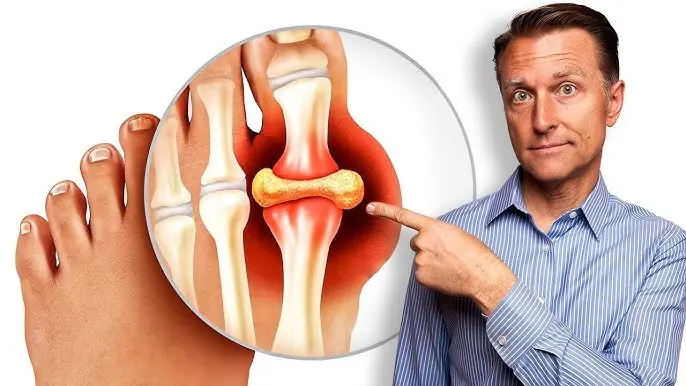
Best Natural Gout Treatments to Remove Uric Acid Crystallization and Prevent Gout And Joint Pain

Commonly Overlooked Signs Your Body Is Starving for Iron

If Your Nails Show These 10 Signs, See a Doctor Immediately

What’s Really Causing Your Leg Cramps at Night and How to Finally Stop Them

Amazing vitamin can help stop cancer growth and this is how much you need

5 Unusual Signs Of Colon Cancer Folks Accidentally Ignore For Years

13 Early Warning Signs Your Blood Sugar is SUPER High
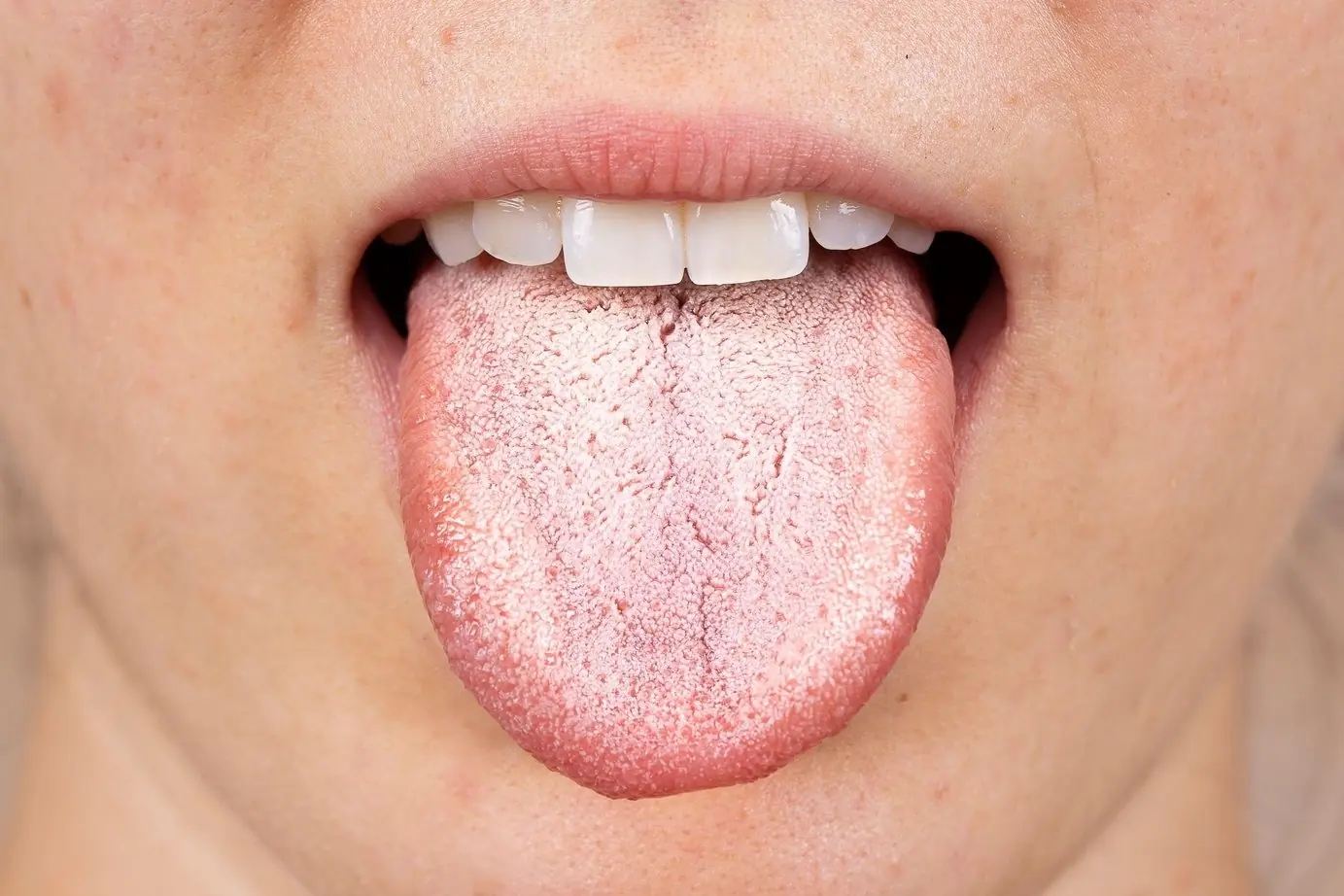
This Hidden Candida Symptom Starts in Your Mouth and Almost Everyone Misses It

This is Why You Always Wake Up in the MIDDLE of the Night (and how to make it STOP)
News Post

Delta Pilot Spends Year’s Salary to Fly 112 Friends to Hawaii for Epic Retirement Sendoff

1 cup before bed: end restless nights and repair your nerves

5 foods that heal your body and STARVE cancer—eat these now!

Mixing Beer with Sugar or Detergent: A Brilliant Solution to a Common Household Problem You Shouldn’t Miss

A Wild Herb That Grows Like Weeds, Used in Soups to Nourish the Liver and Strengthen Joints, Yet Most Vietnamese People Always Pull It Out When They See It

Is It Safe to Eat Rice Left Overnight in a Rice Cooker? A Personal Story and Expert Advice

Unbelievable footage shows moment Ukraine blows up two key Russian bridges using their own mines amid WW3 fears

Preventing Stroke At Any Age: 3 “Don’ts” After Meals—And 4 “Don’ts” Before Bed

Apple’s iPhone Users Are Justifiably Concerned By The New Meaning Of The Orange Dot On Their Screens

The Truth About “Old Person Smell”: What Causes It And How To Get Rid Of It

12 surprising foods that help dissolve blood clots naturally

Drinking perilla and lemon leaf tea brings these amazing health benefits to your body

Using just a handful of Paederia foetida leaves, even severe lung inflammation can clear within a week — with results that surprise everyone.

5 Essential Life Skills Children Should Learn Early to Protect Themselves and Help Others

New B::l:ood Pressure Guidelines: 4 Things I Like and 2 Concerns

Saw This Trick For Oven Cleaning

Global Prevalence of Hidradenitis Suppurativa Approaches 1%

Who Should Avoid Eating Chicken Feet?
